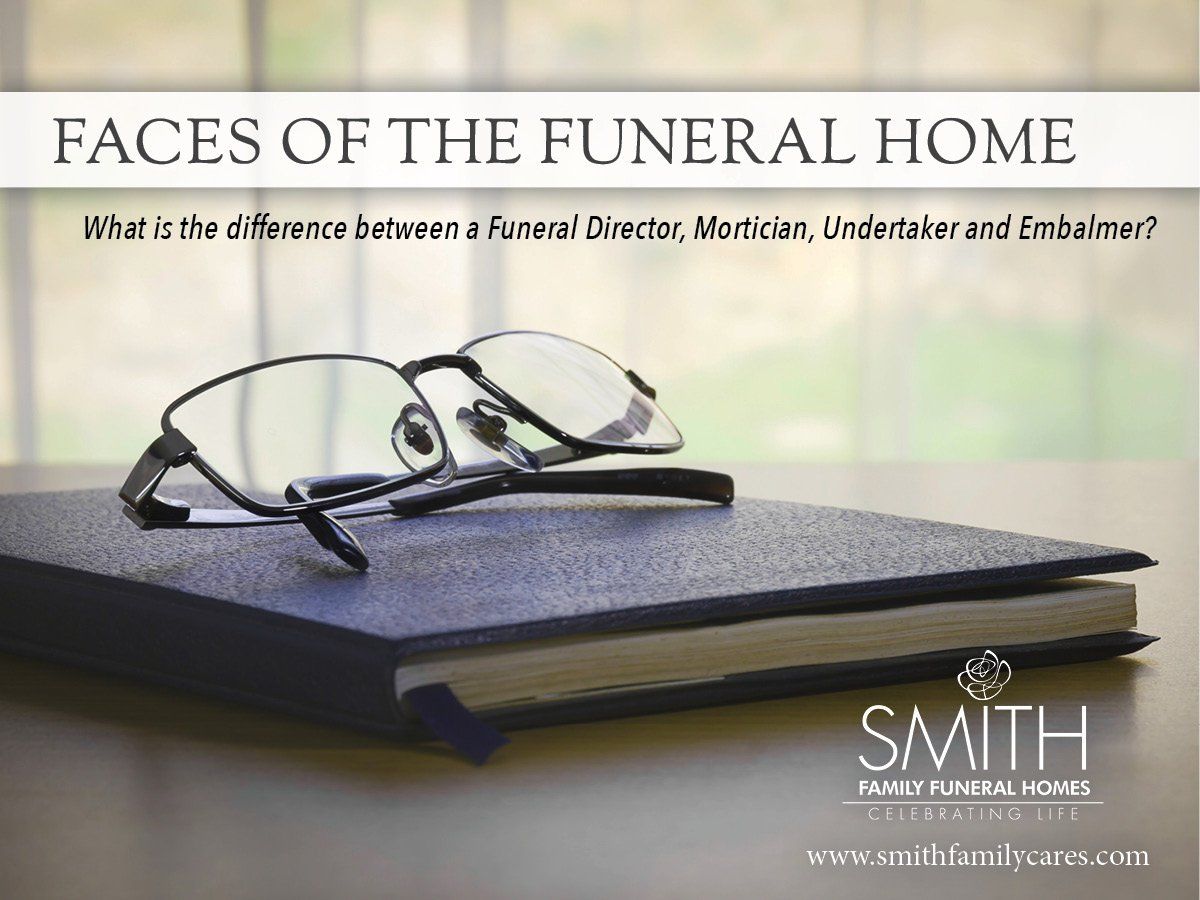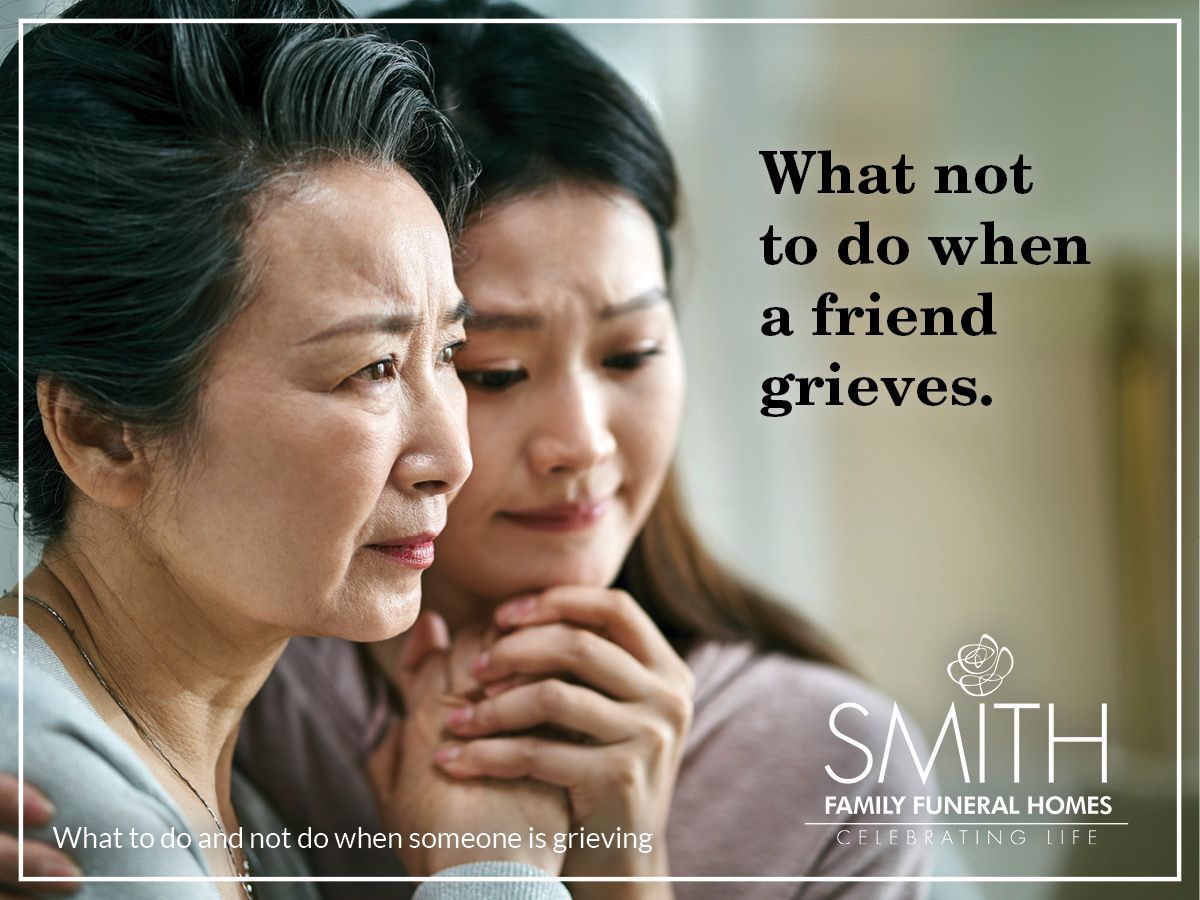
What is the Difference Between a Funeral Director, Mortician, Undertaker, and Embalmer?

The terms funeral director, undertaker, and mortician are used interchangeably to describe a professional engaged in the business of funeral rites. Regional tradition dictates which title you hear used most often where you live.
Tasks involved in the performance of funeral rites may include embalming, burial or cremation of the dead, as well as the arrangements for funeral ceremony. Embalming is a separate skill which may require a separate license depending on individual state regulations. Embalming is the art and science of preserving human remains by treating them in order to slow down decomposition. Embalming is usually done to make the deceased suitable for public or private viewing as part of the funeral ceremony.
Licensing requirements for funeral directors, morticians, or undertakers vary from state to state. Most states have educational requirements which include a period of apprenticeship. In some states funeral directors are required to hold both a license for embalming and funeral directing. In other parts of the country the two roles are licensed and performed separately.
Skills that are identified as desirable in a funeral director include a knowledge of science and mathematics. However, the skills that make the top of the list may surprise the reader. They are complex problem solving, followed by having a service orientation, social perceptiveness, good speaking and writing skills and excellent active listening skills. If you take a moment to consider what a funeral director must do to put together a funeral service that meets the expectations of a variety of family members, those skills fall into place. It’s easy to see why the “soft skills” appear at the top of the list for attributes of a successful funeral director.
So, who is the funeral director? According to data USA 69.1% of funeral directors are male. Of morticians, undertakers, & funeral directors, 77.6% are white (non-Hispanic), making that the most common race or ethnicity in the occupation. Representing 10.3% of morticians, undertakers & funeral directors, black (non-Hispanic) is the second most common race or ethnicity in this occupation. However, the face of the funeral director is changing. According to the National Funeral Directors Association, women are the fastest growing group in funeral service. Today, women comprise approximately 57% of mortuary school students. This once male-dominated industry is changing.
Smith Family Funeral Homes provides quality funeral, memorial and cremation services to the families of Central Arkansas. Their six locations can be found in Little Rock, North Little Rock, Westbrook, Sherwood, Benton and Arkadelphia. With a privately-owned crematory operated by licensed professionals, Smith Family Funeral Homes can guarantee their high standard of care throughout the cremation process. To learn more, visit smithfamilycares.com.













